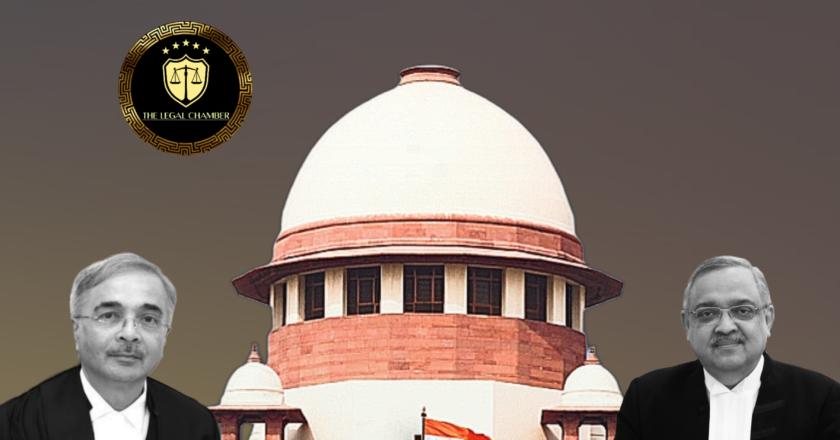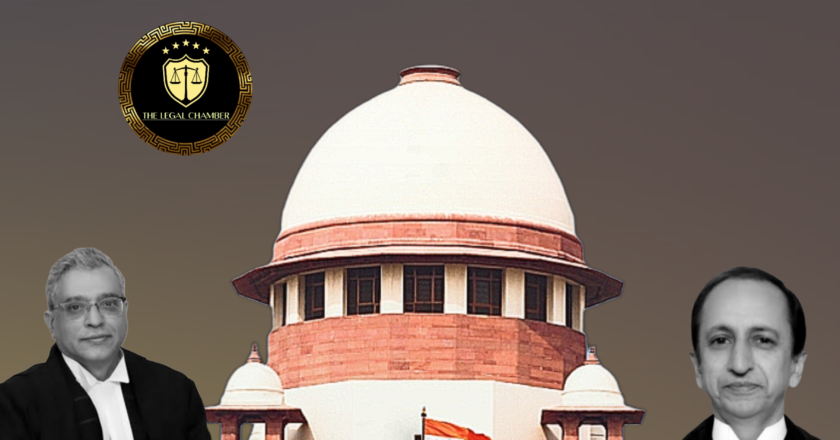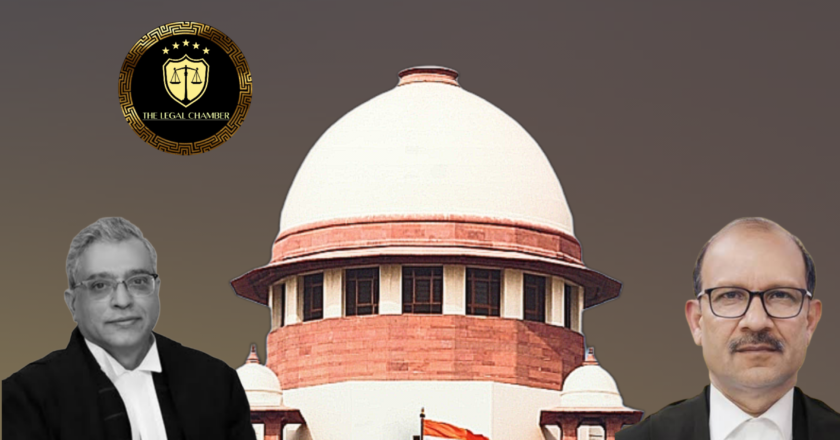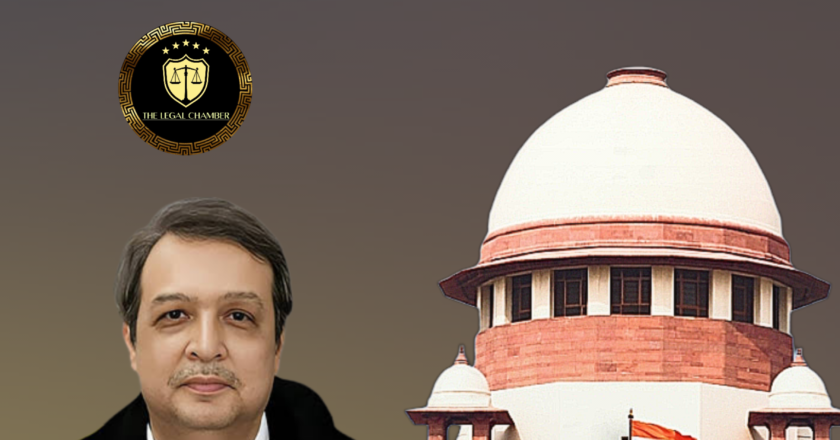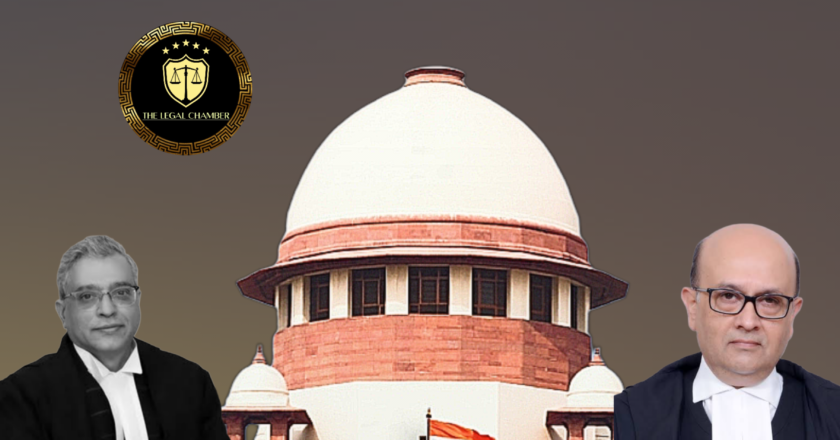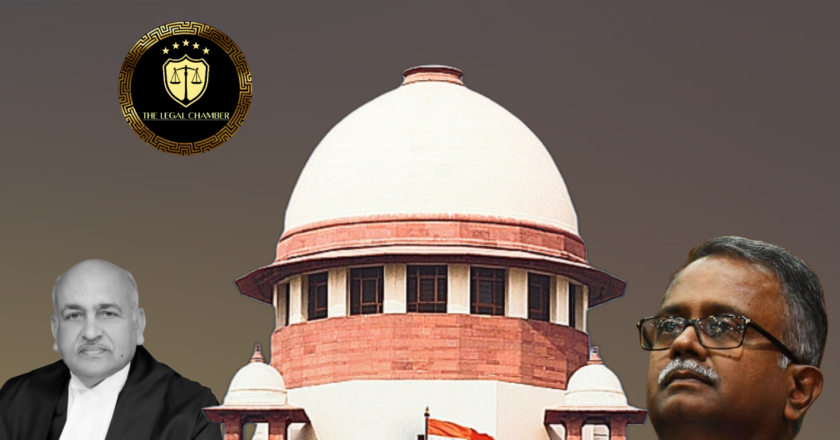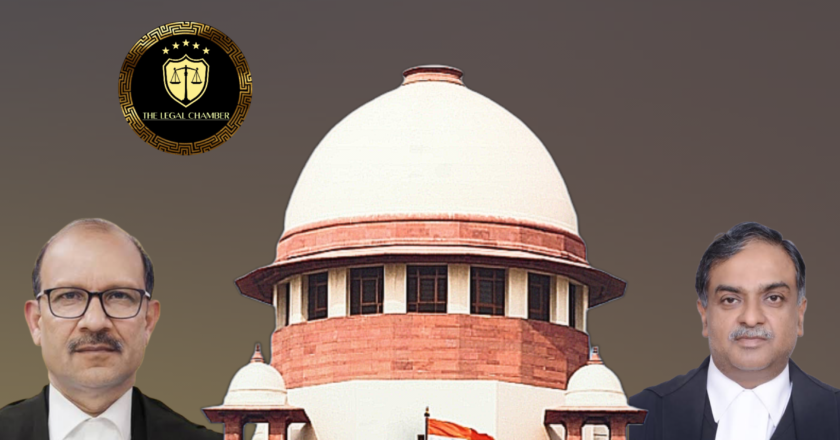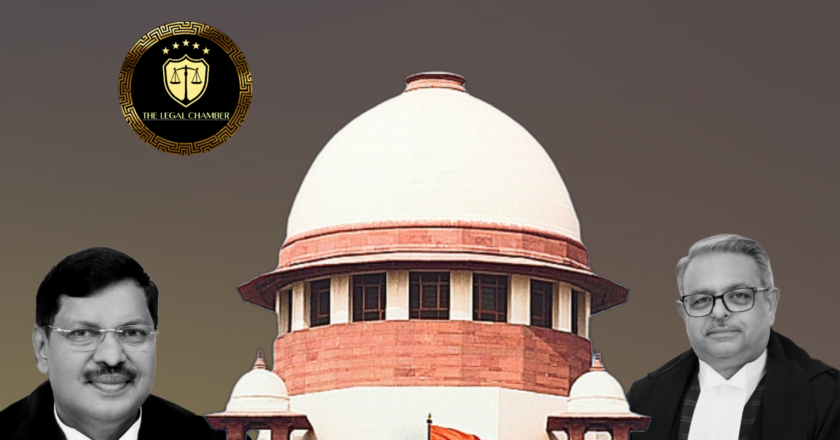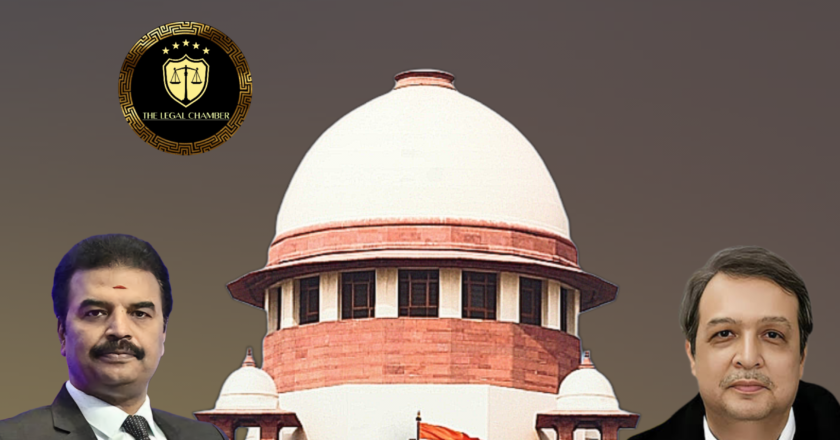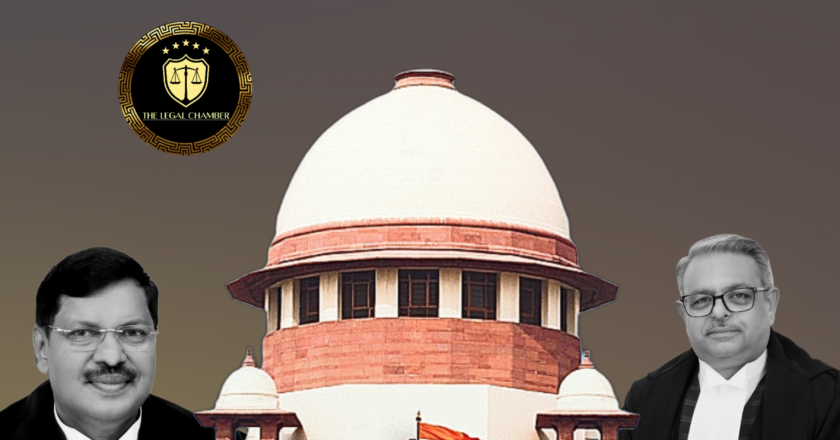How Unexplained Injuries and a Family Dispute Led to an Acquittal by the Supreme Court
The Supreme Court acquitted the appellant, granting the benefit of doubt. The conviction was overturned due to material inconsistencies in the prosecution's case, including an unexplained timeline of death, unrebutted defence evidence of family enmity, and a lack of medical corroboration for the alleged weapon and dying declaration.
Facts Of The Case:
Based on the altercation, the appellant and her husband were accused of fatally beating the deceased with sticks near a temple later that night. The prosecution's case, supported by eyewitnesses including the deceased's father (PW-7), was that the attack was retaliation for the afternoon dispute. The victim was allegedly carried home unconscious and died minutes later, with a First Information Report (FIR) lodged around 9:00 PM. How...
